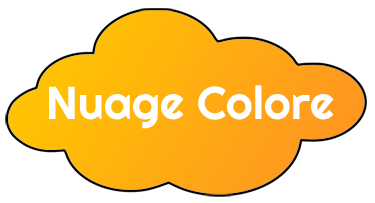In an age where data is king, accessibility to historical documents and the information they contain is crucial. Yet, many organisations and institutions still struggle with heaps of paper documents and unsearchable digital files. The solution to this challenge lies in Archive Optical Character Recognition (OCR) software. This innovative technology not only aids in the preservation of historical data but also empowers future decision-making and analysis by unlocking data in previously inaccessible formats.
The Power of Archive OCR Software
Archive OCR software utilises optical character recognition technology to transform scanned documents and images into searchable, editable, digital files. This tool is particularly useful for institutions with extensive archives of physical or scanned documents, as it makes the vast wealth of information contained within them readily accessible and usable.
Preserving the Past: Digitising Historical Documents
Archived documents often hold a wealth of knowledge, from crucial business information to historical and cultural insights. Archive OCR software enables organisations to preserve this knowledge by digitising these documents, protecting them from physical decay, and making them easier to manage and access.
Empowering the Future: Making Data Accessible and Usable
By turning scanned documents into searchable, editable digital files, Archive OCR software makes the data within these documents readily accessible. Businesses and researchers can search and analyse this data, generating insights that can guide future decisions and strategies.
Space and Cost Savings
Converting physical documents to digital files reduces the need for physical storage space, leading to significant cost savings. Moreover, the increased efficiency and accessibility can also result in reduced labour costs and time savings.
Streamlining Workflow
Archive OCR software can be integrated into existing data management systems, streamlining the workflow and improving productivity. With data more readily accessible, businesses can operate more efficiently and effectively.
Enhancing Collaboration and Accessibility
With digitised and searchable documents, information can be easily shared among team members or across different departments, enhancing collaboration. Furthermore, the digitised documents can be accessed from anywhere, catering to remote working situations and increasing overall accessibility.
Conclusion
By unlocking data from historical documents, OCR server plays a vital role in both preserving the past and empowering the future. The ability to digitise, search and analyse the data within these documents provides businesses and institutions with a wealth of benefits, from cost savings and increased efficiency to enhanced collaboration and accessibility. As we continue to recognise the importance of data in decision-making, tools like Archive OCR software will become increasingly valuable in leveraging our historical knowledge to navigate the future.

